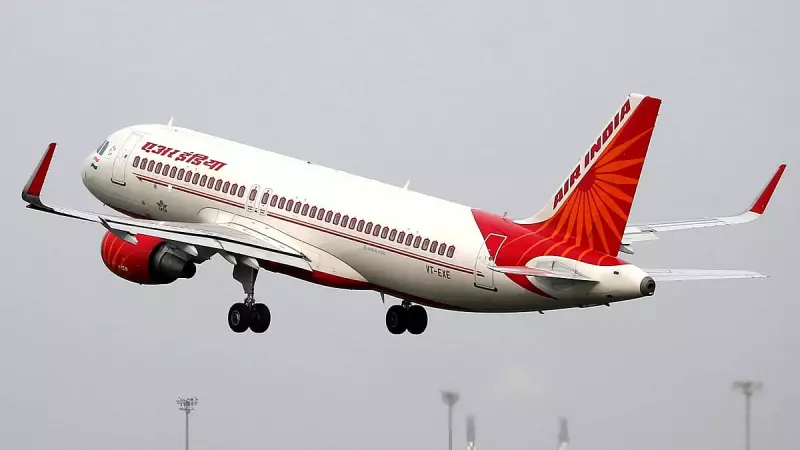
In a strong verdict that underscores zero tolerance for negligence in aviation services, the Madras High Court has imposed a significant penalty of ₹35,000 on national carrier Air India. The ruling comes after a shocking incident where a passenger discovered human hair in their inflight meal, raising serious concerns about food safety standards in Indian aviation.
The Unappetizing Discovery
During a routine domestic flight, a passenger made a disturbing discovery that would eventually lead to legal action. While consuming their inflight meal, the traveler found human hair embedded in the food served by Air India. This unpleasant experience prompted the passenger to file an official complaint, setting the stage for a legal battle that would highlight broader issues of passenger rights and airline accountability.
Judicial Intervention and Strict Stance
The Madras High Court, hearing the case, took a firm stance against the national carrier's negligence. Justice SM Subramaniam, presiding over the case, emphasized that airlines cannot compromise on basic hygiene standards, especially when serving food to paying customers thousands of feet above ground.
The court observed that such incidents reflect poorly on the airline's quality control measures and demonstrate a lack of proper supervision in food preparation and handling processes. The judicial bench made it clear that passenger safety and comfort must remain paramount in aviation services.
Broader Implications for Aviation Industry
This judgment sends a strong message to all airlines operating in India about maintaining strict hygiene standards. The court's decision establishes an important precedent for:
- Enhanced food safety protocols across all airline catering services
- Strict quality control measures during food preparation and packaging
- Accountability mechanisms for addressing passenger complaints promptly
- Legal recourse for travelers facing similar issues
Air India's Response and Future Compliance
While the airline has been directed to pay the penalty, the case also serves as a wake-up call for Air India to revamp its food safety standards. The judgment comes at a crucial time when the airline is working to improve its service quality and customer experience under new management.
The court's ruling emphasizes that premium pricing must correspond with premium service quality, including basic hygiene standards that passengers rightfully expect from a national carrier.
This case sets an important benchmark for passenger rights in Indian aviation and reinforces the judiciary's role in protecting consumer interests against corporate negligence. The substantial penalty amount reflects the seriousness with which the court views such lapses in service quality from a flagship carrier.





